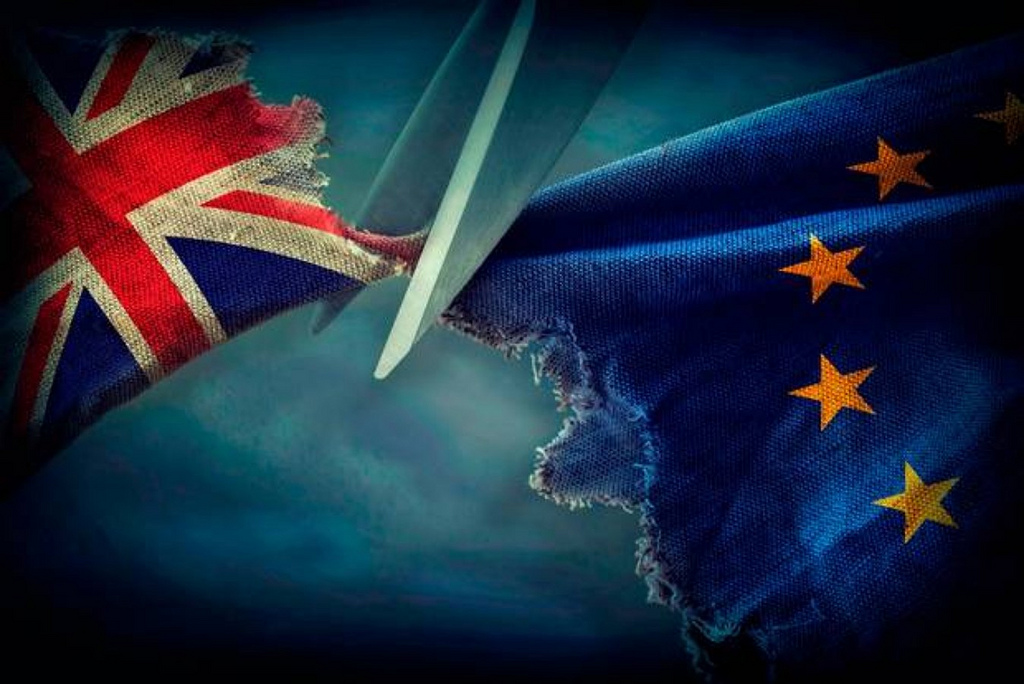Brexit deadline extended to October
April 12, 2019 | Expert Insights

Frustrated European leaders have abandoned hope that Britain would sort its departure from the European Union anytime soon, slapping aside a proposal by Prime Minister Theresa May for a short delay and offering to extend Brexit until October 31, 2019.
Background
On June 23rd, 2016, Britain narrowly voted to leave the European Union, stunning Europe and the world in general. The EU employs a set of policies for its 28-member states that aim to ensure the free movement of people, goods and trade among other services. Britain is deeply intertwined with the workings of the EU especially with regard to trade.
PM Theresa May’s leadership in the negotiations has been heavily criticised. She has been unable to form a consensus within the Parliament, or even her own party, for the course of Brexit. Her “directionless” leadership has not convinced most of her peers in Westminster and in March 2019, the Parliament voted to take control over the Brexit negotiations from the government.
Despite her best efforts, the British parliament is not accepting the proposed Brexit agreement. Irrespective of whether they arrive at a deal or not, the UK was originally expected to leave on March 29, 2019, which was later extended unilaterally by the EU for two weeks until April 12. However, the complete disarray in Parliament has prompted the EU to extend the deadline yet again.
Analysis
The Oct. 31 extension could end early if British lawmakers sign on to the E.U.’s unpopular terms of departure. Leaders also said they would review the membership in June. The decision avoids a chaotic departure by Britain on Friday. It also might lock Britain into elections for the European Parliament next month — which would increase agitation for May’s resignation.
May wanted an extension to June 30, to seal a deal with her own divided lawmakers. The European leaders, talking Brexit for at least the 18th time and exasperated by Brexit “emergency summits,” wanted to free themselves from the chaos of British politics.
The extension is “long enough to allow the U.K. to find a solution,” said European Council President Donald Tusk. “I have a message to our British friends. Please, do not waste this time.”
At the summit, May was peppered with 45 minutes of questions by European leaders. They demanded to know her political strategy. They were openly sceptical that her negotiations back home with the opposition Labour Party would produce a winning compromise. They extracted commitments of good behaviour if Britain remains an E.U. member.
Then her counterparts ushered her out so they could trade views about just how harsh they wanted to be. They debated while eating a dinner of warm scallop salad, loin of cod with brown shrimp and mini mushroom arancini. They continued arguing into the Brussels night as May cooled her heels at the residence of the British ambassador to the European Union. Finally, they called her back to deliver their offer.
Even the reprieve was the result of a compromise among the European leaders, with French President Emmanuel Macron favouring harsher terms that could have cut Britain loose sooner, and others favouring a softer touch. “For me and for Germany it was clear, that Germany would fight for an orderly exit,” German Chancellor Angela Merkel said afterwards at a news conference. “Not because of British demands but for our own interest.” She left the door open to more extensions.
As May has failed to get Parliament to approve the withdrawal deal she negotiated for two years with the E.U. — her own party members loathing it and voting against it at every opportunity — Britain finds itself in limbo.
What this situation means is that Britain will stay in the club — and is still on the hook for membership dues — but its voice will be muffled. British members of the European Parliament might make some mischief, as threatened by hard-line Brexiteers, but London will have little sway in Brussels. Tusk said May promised that the British wouldn’t make too much trouble.
Assessment
Our assessment is that the UK now has ample time to strategise and execute a credible exit plan if the Parliament continues to abide by the referendum results. We believe, however, that this could spell the exit of Theresa May as the PM due to her failures and the inability to hold the Conservative Party on established lines. We also feel that May could be replaced by a pro-Brexit, Eurosceptic Conservative MP who could derail the entire Brexit process.
Read more:








Comments